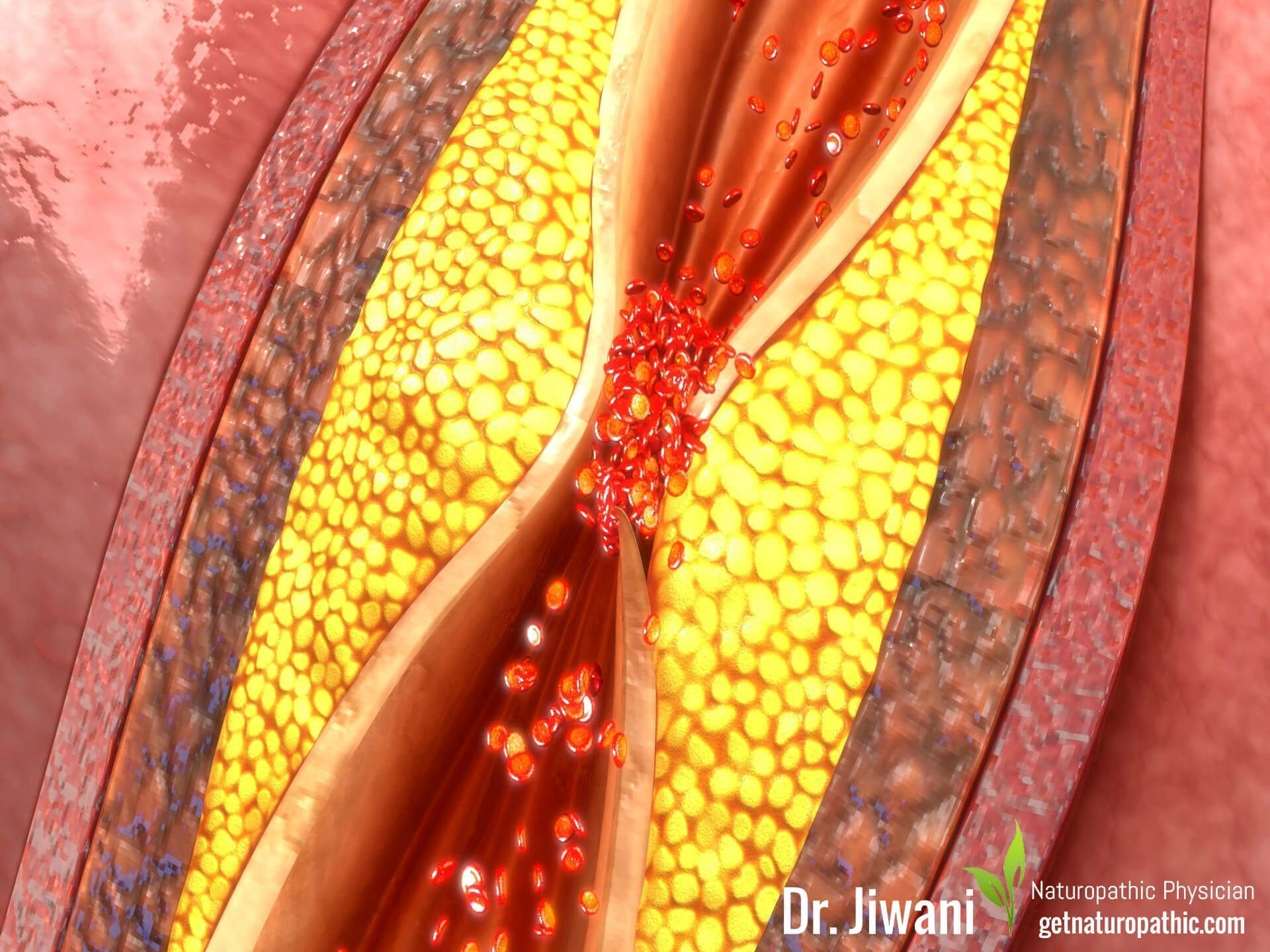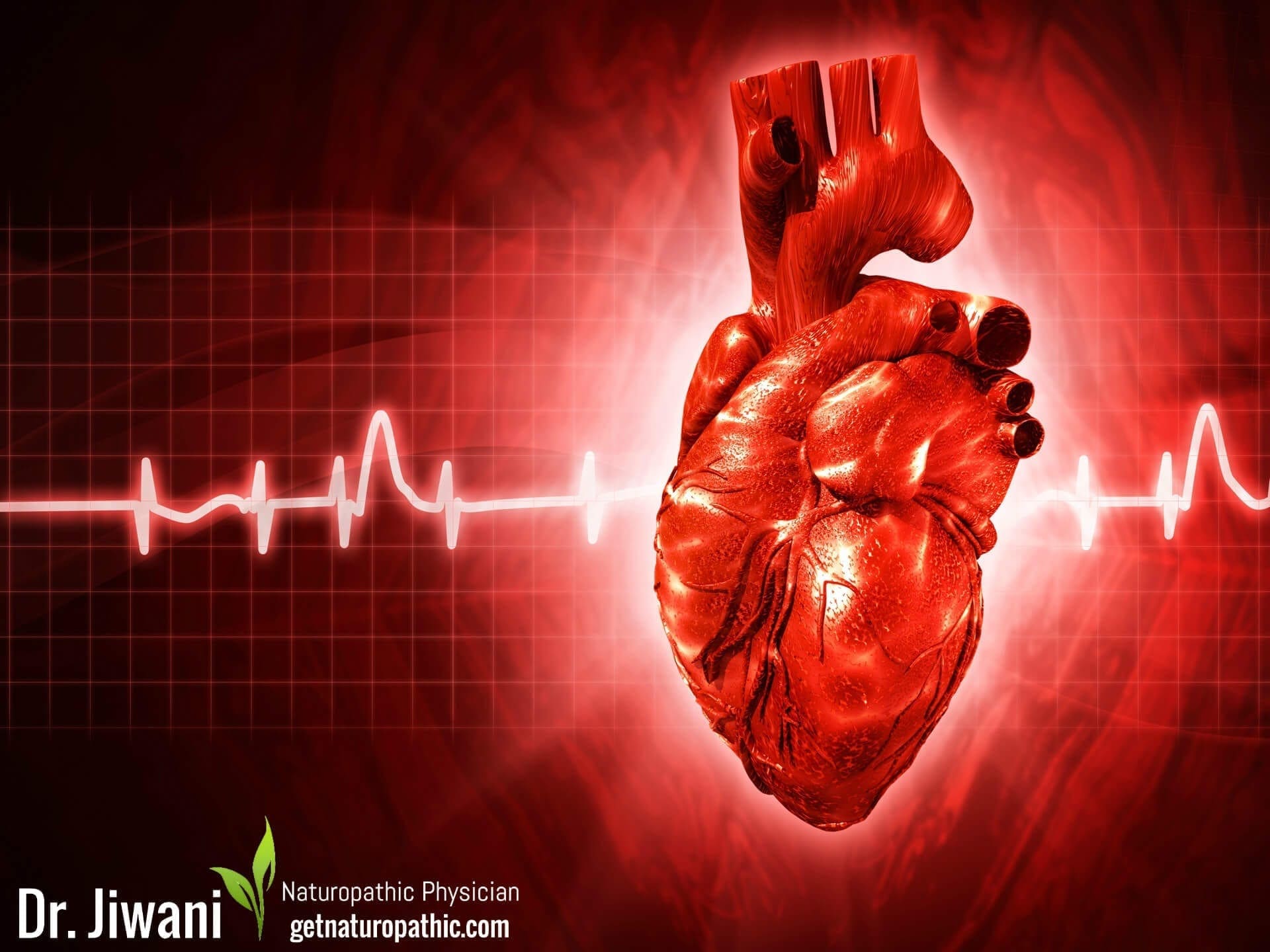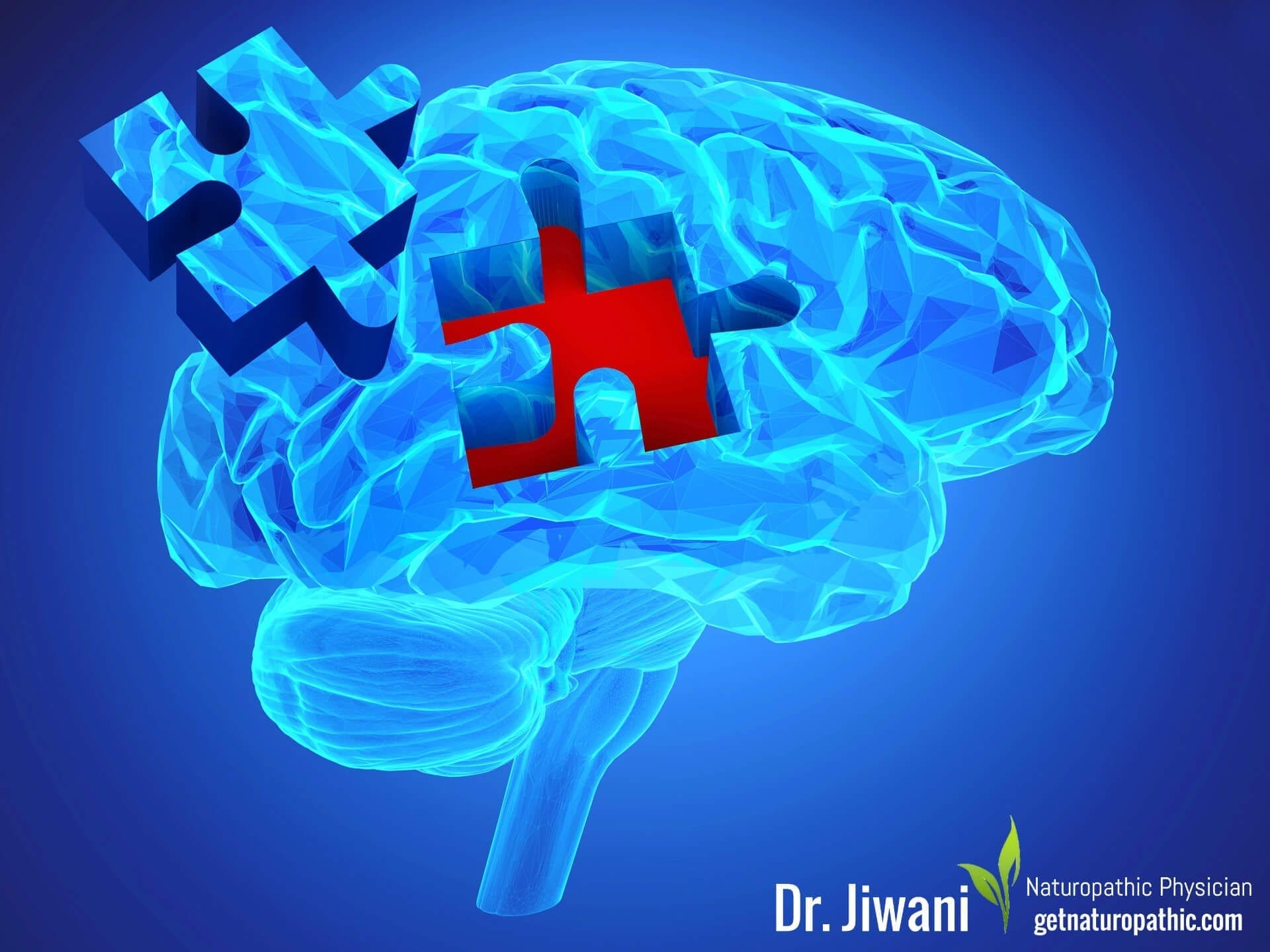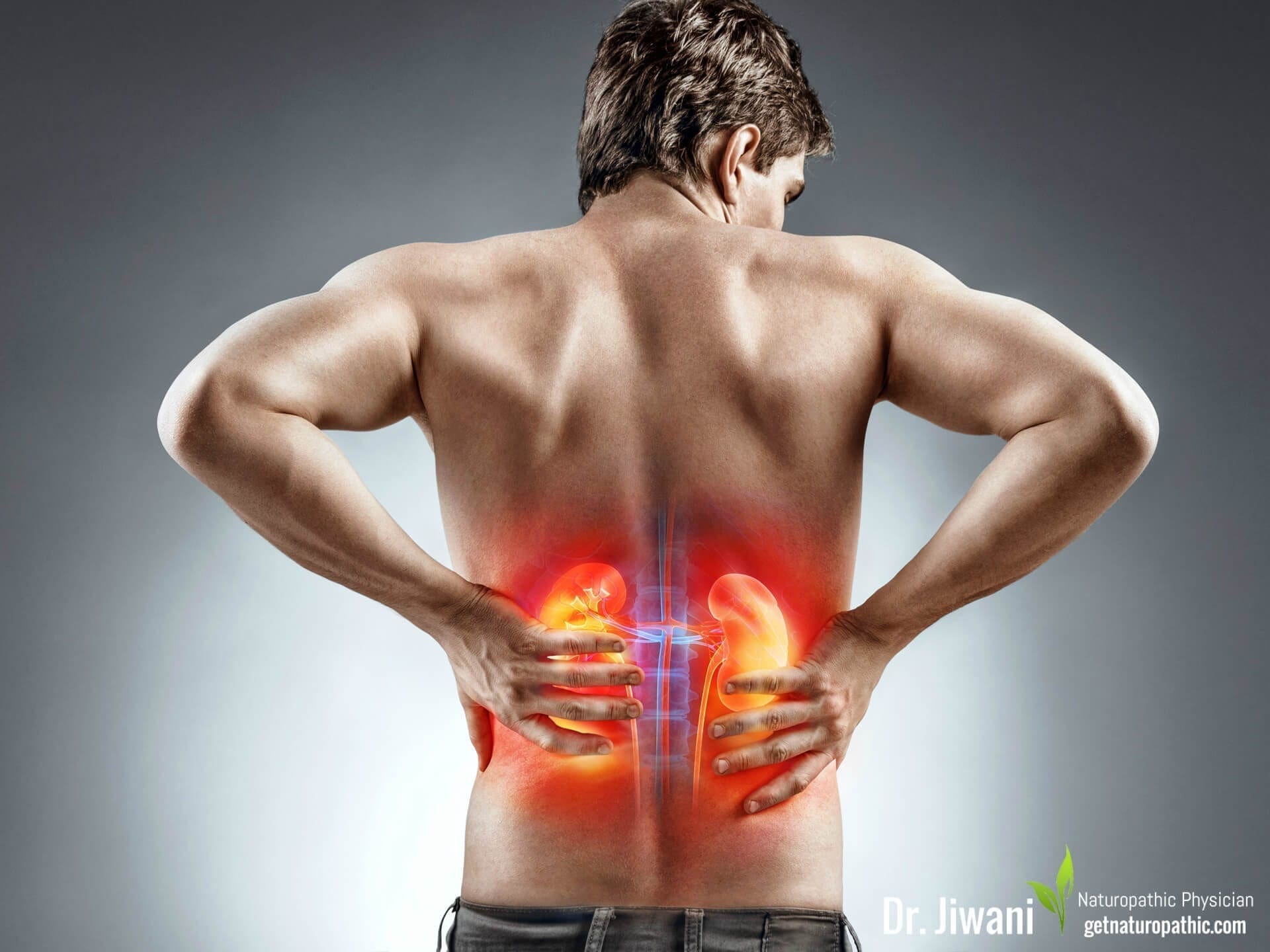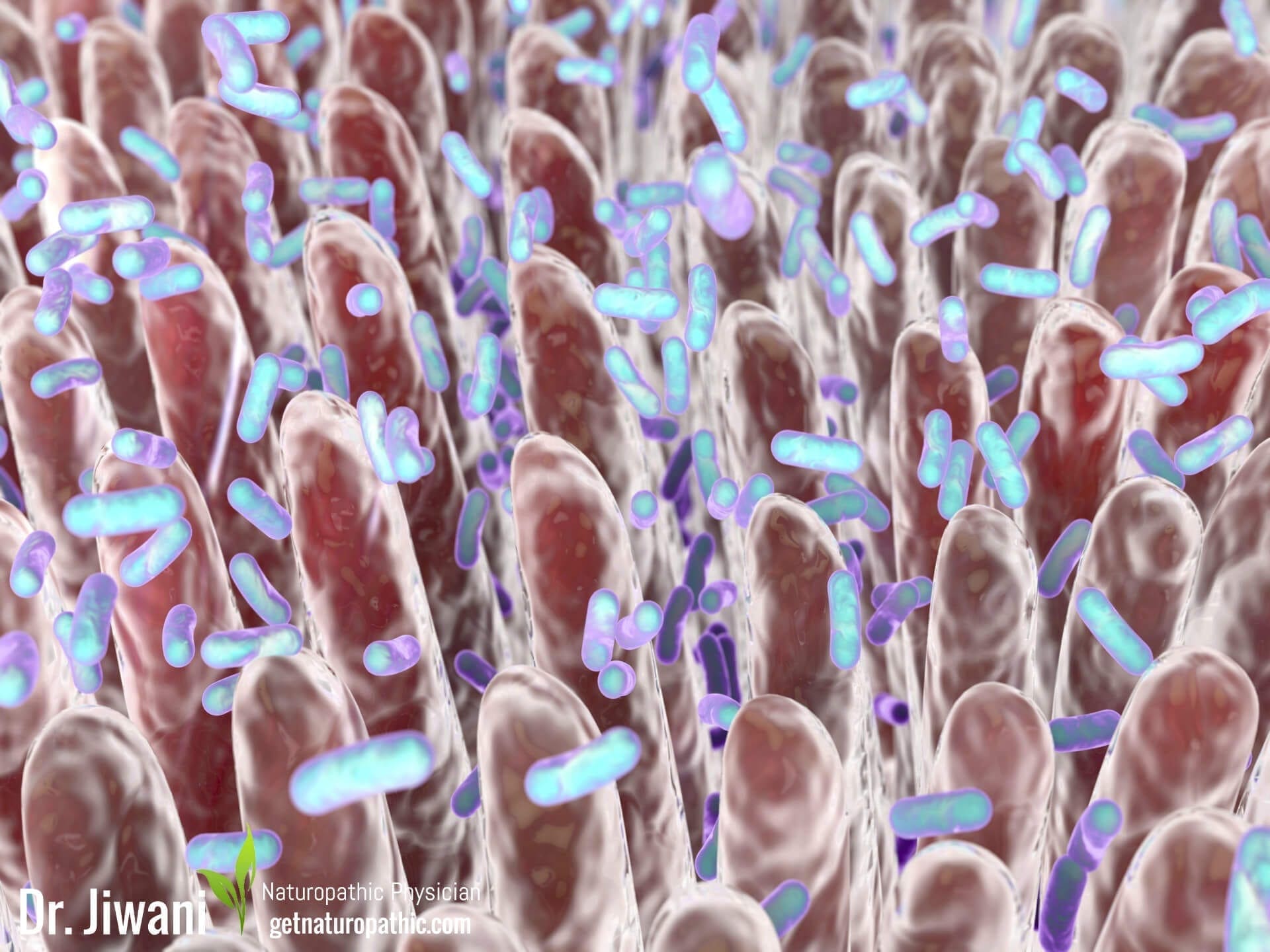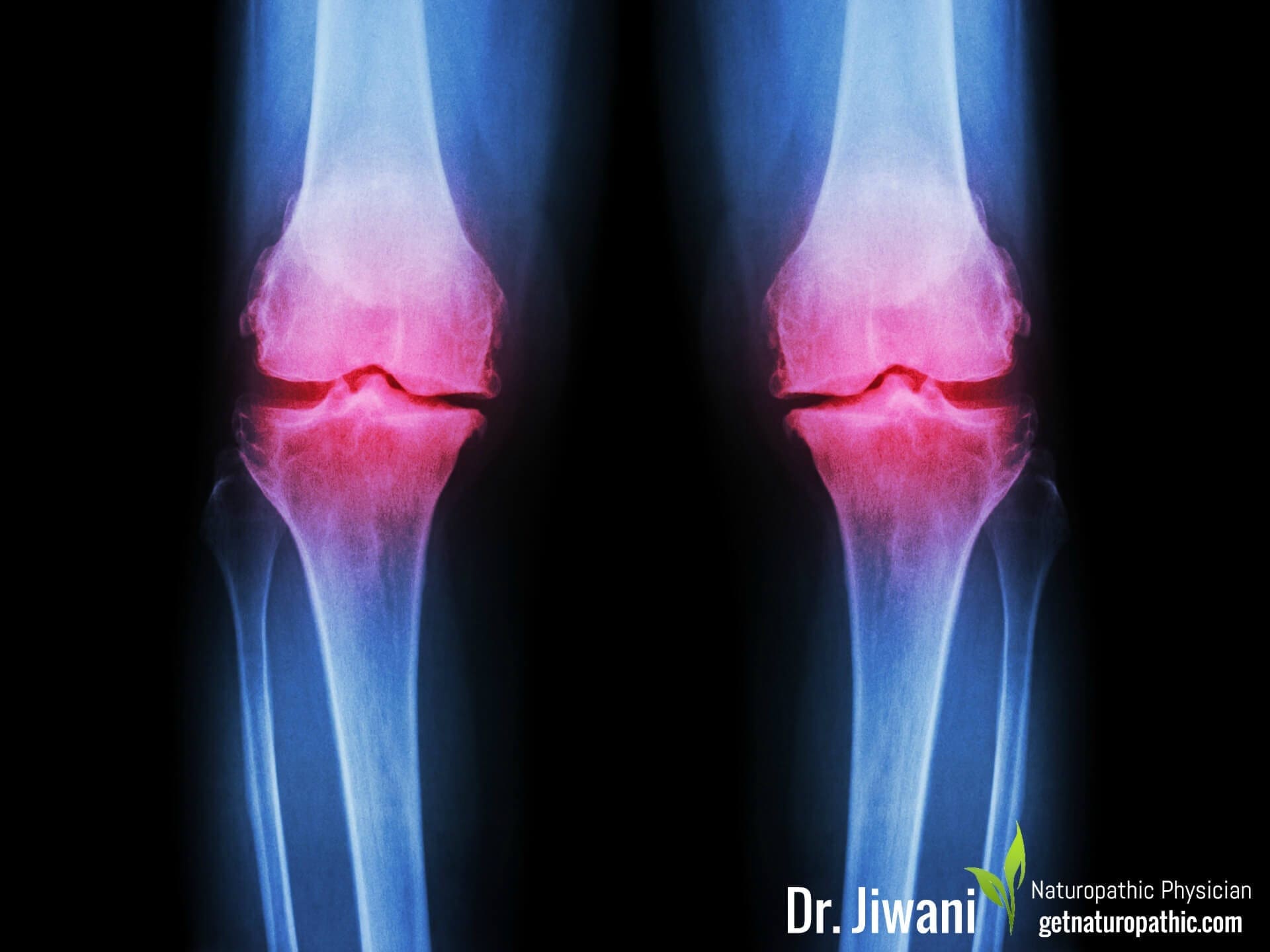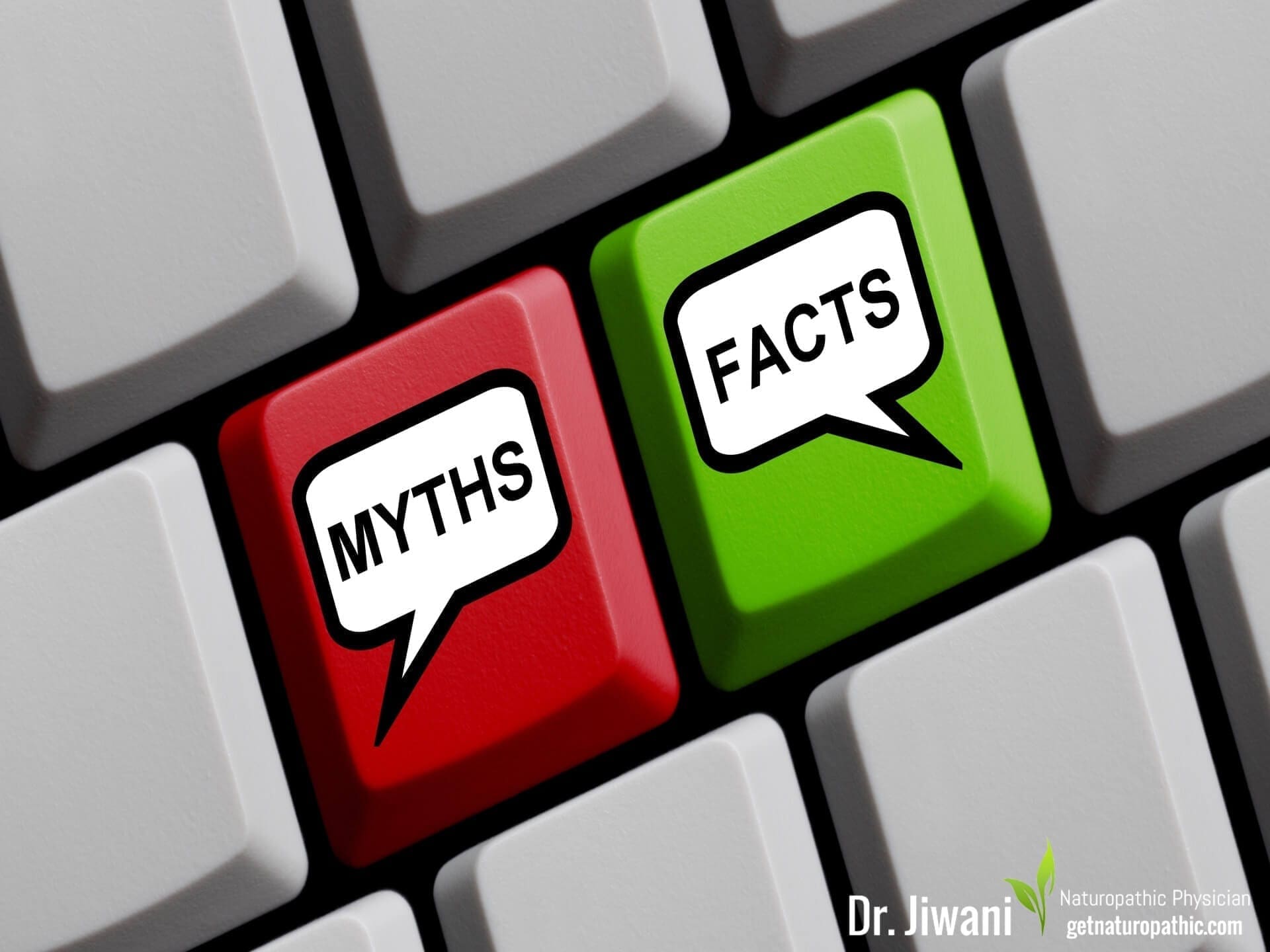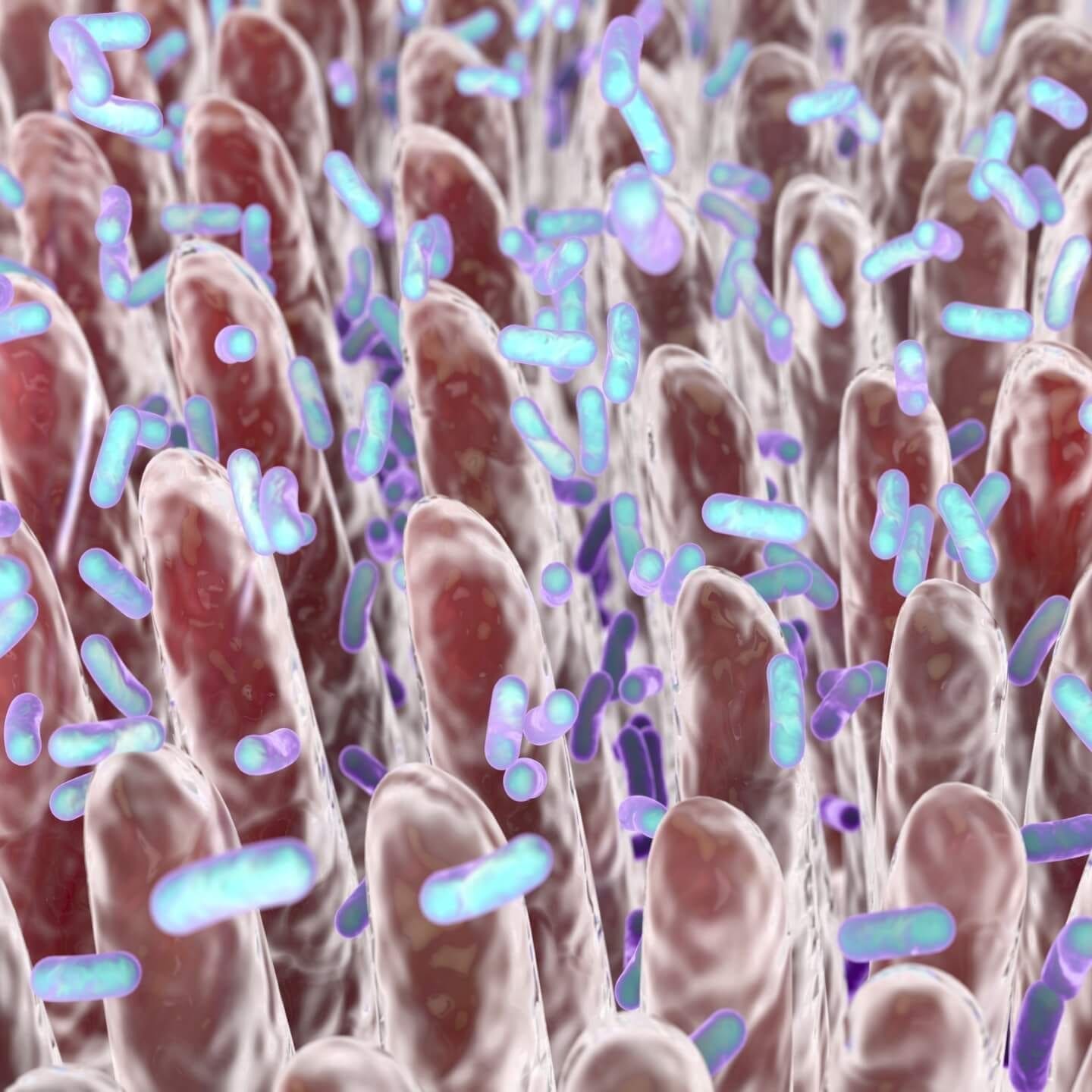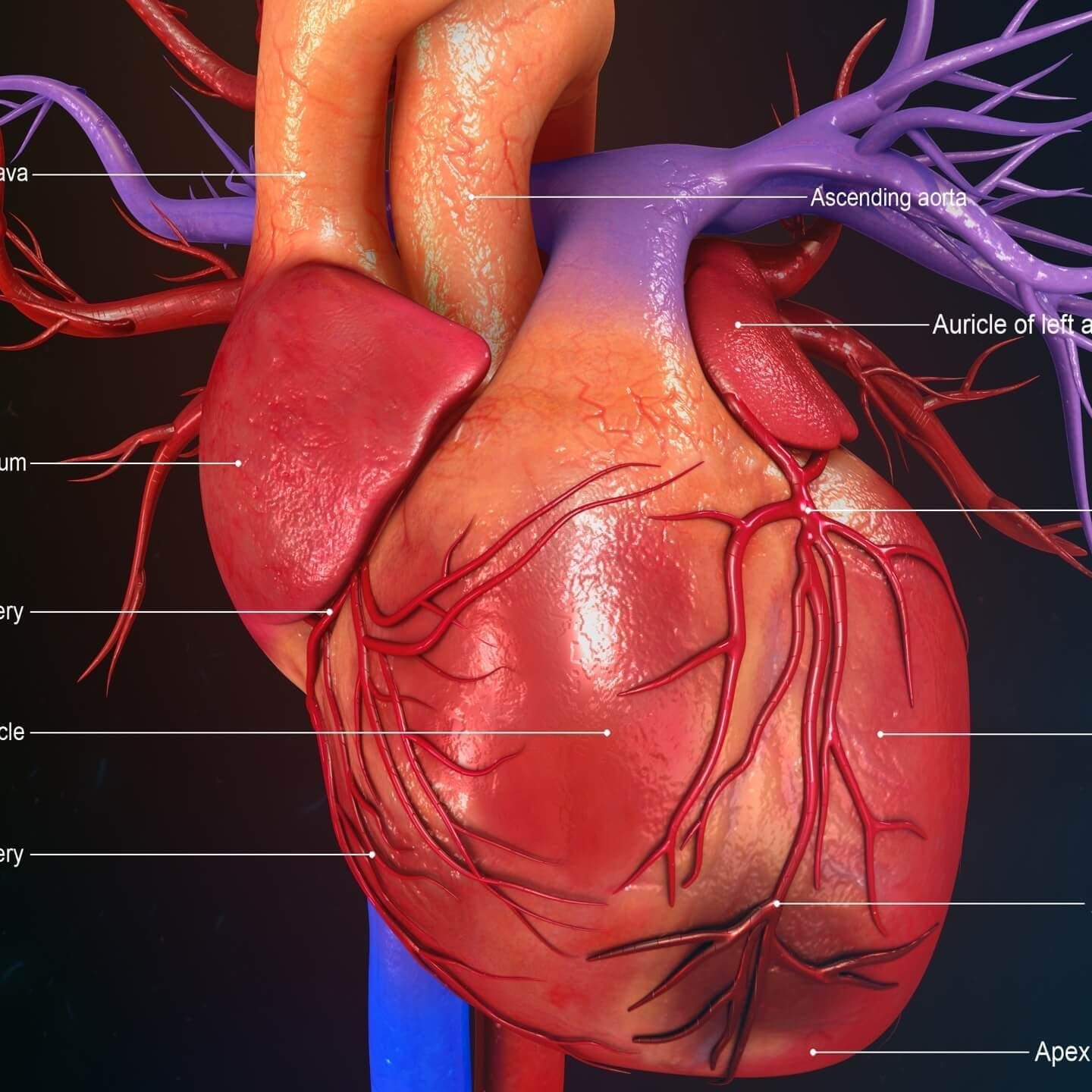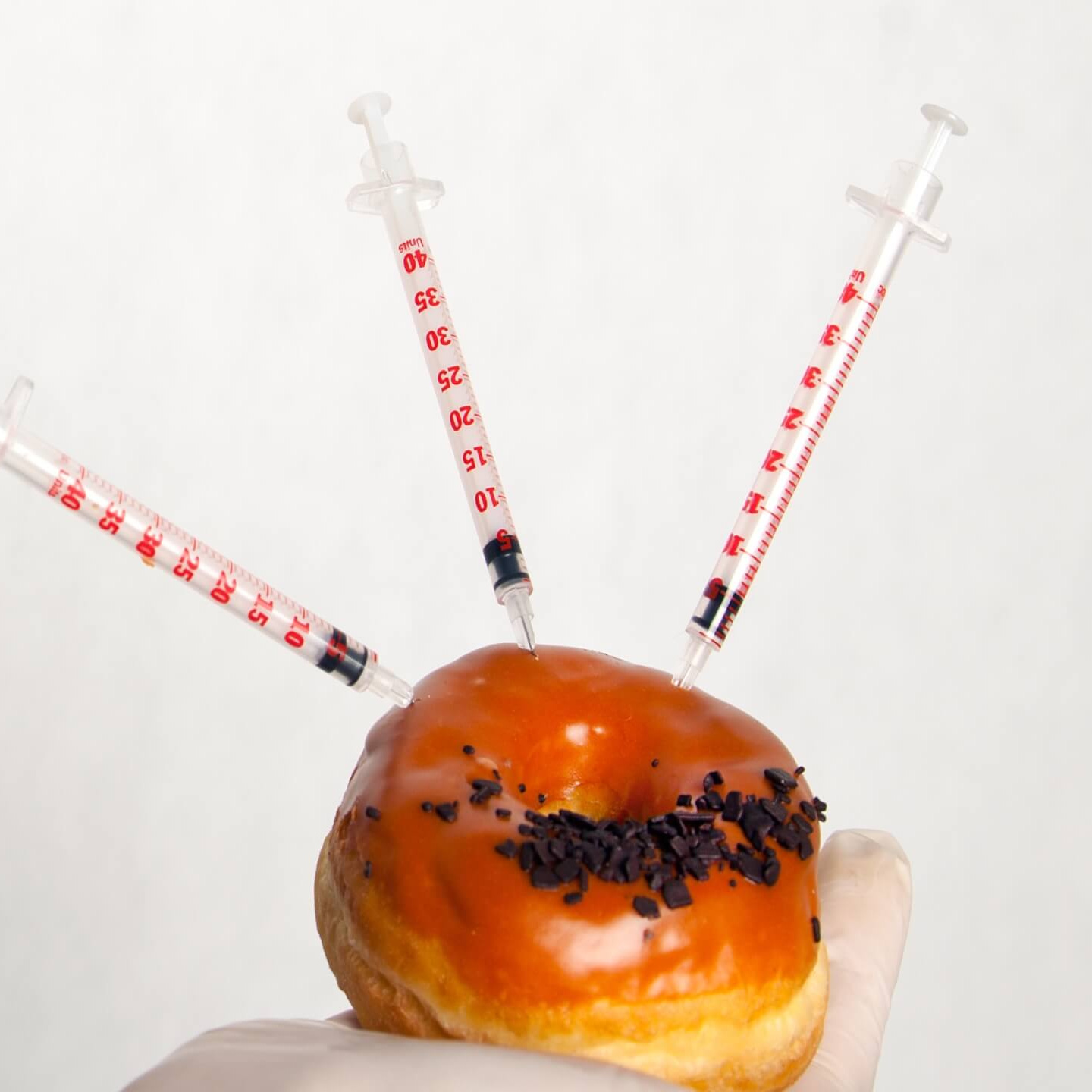The Keto Diet for Weight Loss
Naturopathic Nuggets about the Ketogenic Diet
- The Ketogenic Diet is a century old remedy for epilepsy, that is now proven neuroprotective, affecting other neurological disorders including Alzheimer’s & Parkinson’s Disease.
- The Ketogenic Diet has been researched to improve many conditions including Acne, Autoimmune Diseases, Cancer, Diabetes, Heart Disease, Metabolic Syndrome, Polycystic Ovary Syndrome (PCOS), Traumatic Brain Injury & Concussions and Obesity
- A ketogenic diet consists of 70% healthy fats, 25% quality protein and 5% carbs to trigger ketosis for optimal fat burning and weight loss.
- To reach ketosis it is critical to avoid eating too many carbs or too much protein as either can become fuel for the body & brain. The key is to minimize carbs and increase fat to promote fat burning but prevent starvation which would cause muscle wasting.
- Side effects of ketosis include constipation, diarrhea, heart palpitations, keto breath, keto flu, leg cramps, reduced stamina & fitness. They are often the result of dehydration and/or salt deficiency, and usually resolve within a few weeks.
- Please consult your licensed Naturopathic Physician for assistance with the Ketogenic Diet if you suffer from diabetes, heart disease, gallbladder or pancreatic disease, or are taking prescription medications.
Ketogenic Diet: What is it?
The Ketogenic Diet for Weight Loss is critical what with obesity as the number one health challenge facing us today, causing many metabolic diseases. A ketogenic diet has been the foundational way of eating from our caveman days. This high fat, adequate protein, ultra low carb eating plan alters your body biochemically into a metabolic state called ketosis for optimal fat burning and weight loss.
Epilepsy treatments have been investigated since 500 BC. It was originally documented in 1911 that starvation, a form intermittent fasting, reduced seizures dramatically. By the 1920s, the ketogenic diet was found to be a successful alternative, eliminating seizures in at least 50%, reducing them in another 27% and the realization, that minimizing carbohydrates improved brain function, was born (Wheless, 2008). Unfortunately, new anti-epileptic drugs made the recommendations of the ketogenic diet obselete over time, making it a last resort alternative.
A ketogenic diet is when carbs are dramatically reduced to 5% or less than 20 grams, protein is limited to 25%, and fat intake escalates to at least 70% to replace the carbs, helping you feel full. When carbs are restricted, the liver converts fat into ketones for energy & brain function. Instead of surviving on carbs (sugars) for brain fuel, your body uses ketones from your fat stores, transforming your body into an efficient fat-burning machine. This is called ketosis. In fact, many clinical studies have supported the countless benefits that a ketogenic diet has on health, weight loss and disease prevention.
The Ketogenic diet is different from the Atkins diet in that the ketogenic diet highlights less protein, no deli or processed meats (bacon & ham) and healthier fats. While both diets are low carb emphasizing the body’s fat-burning effect, the ketogenic diet has a lot of research to validate its effectiveness.
The ketogenic diet is now being studied for its neuroprotective effect through improved cellular metabolism on other neurological disorders aside from Epilepsy, including Alzheimer’s Disease (AD), Amyotrophic Lateral Sclerosis (ALS), Autism, Brain Cancer, Headache, Neurotrauma (Traumatic Brain Injury), Pain, Parkinson’s Disease (PD) and Sleep Disorders (Gano, Patel, & Rho, 2014).
Ketogenic Diet: Why?
For many decades, the universally accepted diet in North America emphasized a high carbohydrate, low fat intake. However, recent studies verify this diet has backfired for the majority of North Americans.
Results from a long-term study by the Centres for Disease Control & Prevention indicate that in the last decade overweight North Americans have increased from ¼ to ⅓ of the population! As such, society is fatter and less healthy in view of all the health-related concerns associated with weight gain and nutrient deficiencies.
In fact, obesity is a growing epidemic worldwide, and increases risk for heart disease, high cholesterol, high blood pressure, diabetes and metabolic syndrome. Ketogenic diets have proven to be highly effective in the fight against not only Obesity (Bueno et al., 2013), but also Diabetes, Polycystic Ovary Syndrome (PCOS), Acne, Neurological Diseases, & Cancer while improving risk factors for Lung & Heart Disease (Paoli, Rubini, Volek, & Grimaldi, 2013).
Learn more on the Ketogenic Diet Health Benefits…
The Ketogenic Diet for Weight Loss
The Ketogenic Diet for Weight Loss is critical what with obesity as the number one health challenge facing us today, causing many metabolic diseases. Millions of adults die yearly from these obesity-related conditions. The rise of weight loss fad diets have increased with the incidence of overweight & obese populations with little science to support their claims (Freedman, King, & Kennedy, 2001).
Conversely, the ketogenic diet is well researched to be a efficient way to lose weight and get healthy. The higher fat intake with a ketogenic diet is satisfying, allowing weight loss without calorie-counting.
For many decades, the universally accepted diet in North America emphasized a high carbohydrate, low fat intake. However, recent studies verify this diet has backfired for the majority of North Americans.
The ketogenic diet is superior to high carb, low fat diets in compliance, weight loss, health benefits & cravings. High carb, low fat (low protein) diets are hard to stick to, cause sugar & fat cravings, result in only moderate weight loss and often rebound weight gain, increase blood sugar, cholesterol and insulin resistance (Paoli, Rubini, Volek, & Grimaldi, 2013).
The ketogenic diet resulted in more weight loss and more fat loss with improvements in blood pressure, cholesterol, fasting blood sugar & insulin sensitivity in women compared to those on a low fat diet (Brehm, Seeley, Daniels, & D’Alessio, 2003).
The Ketogenic Diet: How Does It Cause Weight Loss?
There are multiple mechanisms still in debate on how ketogenic diets promote weight loss, yet there is no doubt that weight loss occurs. These mechanisms include:
Appetite Suppressant
The ketogenic diet suppresses appetite from ketones produced from fat conversion in the liver, higher satiety of proteins and its effect on appetite control hormones. Ghrelin (hunger hormone) increases were suppressed & leptin was lower on the ketogenic diet (Sumithran et al., 2013). Basically, the ketogenic diet keeps you full and prevents rebound hunger causing weight regain.
Calorie Reduction
The other metabolic effect of limiting carbs is calorie reduction which assists in weight loss. When calories are the same between low carb & high carb diets, greater weight loss is present with ketogenic (low carb) diets, from the metabolic advantage of thermodynamics. Basically you lose more weight per calorie with a ketogenic diet (Feinman & Fine, 2007).
Fat Burning Increased
A ketogenic diet increases fat burning (lipolysis). When carbs are restricted, the liver converts fat into ketones for energy & brain function. Instead of surviving on carbs (sugars) for brain fuel, your body uses ketones from your fat stores, transforming your body into an efficient fat-burning machine (Veldhorst, Westerterp-Plantenga, & Westerterp, 2009).
Fat Storage Decreased
Research suggests that a ketogenic diet lowers fat storage or the conversion of sugar into fat, called lipogenesis (Veldhorst, Westerterp-Plantenga, & Westerterp, 2009).
Food Allergies
Minimizing carbohydrates avoids some potential food allergies, which can cause gut inflammation, dysbiosis (altered gut bacteria) & leaky gut syndrome, all of which disrupt healthy weight maintenance.
Higher Protein
Ketogenic diets permit more protein than high carb, low fat diets, allowing successful weight loss from feeling satisfied, heat production & energy efficiency with improved body composition (Westerterp-Plantenga, Nieuwenhuizen, Tomé, Soenen, & Westerterp, 2009).
Insulin Sensitivity
The ketogenic diet has been researched to improve all markers that define metabolic syndrome. A study in Lipids journal compared the low fat to the low carb diet with similar calorie intake. The ketogenic diet (low carb) was found to lower blood sugar & insulin levels, improve insulin sensitivity, reduce visceral fat & overall weight, while improving cholesterol profiles (less triglycerides, post-meal fat, ApoB ratio & Cholesterol/HDL ratio, with increased good cholesterol, HDL). Even though the ketogenic diet had 3X more dietary saturated fat, blood fats were reduced as was fat storing or lipogenesis (Volek et al., 2009).
Metabolism Increases
The ketogenic diet increases your metabolism through gluconeogenesis; converting fat & protein into sugar (fuel) burning through more calories (Veldhorst, Westerterp-Plantenga, & Westerterp, 2009). When calories are the same between low carb & high carb diets, greater weight loss is present with ketogenic (low carb) diets, from the metabolic advantage of thermodynamics. Basically you lose more weight per calorie with a ketogenic diet (Feinman & Fine, 2007).
Satiety
The ketogenic diet requires increased fat intake which helps you feel full. Meanwhile the ketones produced from fat conversion suppresses appetite and influences appetite control hormones. Ghrelin (hunger hormone) increases were suppressed & leptin was lower on the ketogenic diet (Sumithran et al., 2013). Basically, the ketogenic diet keeps you full and prevents rebound hunger causing weight regain.
Weight Loss Maintenance
Diet-induced weight loss typically causes changes in satiety hormones (leptin, ghrelin & CCK) to encourage weight regain & restore energy balance. However, ghrelin (hunger hormone) increases were suppressed & leptin was lower on the ketogenic diet (Sumithran et al., 2013). Basically, the ketogenic diet keeps you full and prevents rebound hunger causing weight regain.
Ketogenic Diet Myths
References
Freedman MR, King J, Kennedy E. Popular diets: a scientific review.
Ketogenic diet [Internet]. En.wikipedia.org. 2018 [cited 28 October 2018]. Available from: https://en.wikipedia.org/wiki/Ketogenic_diet
New Adult Obesity Maps [Internet]. Centers for Disease Control and Prevention. 2018 [cited 14 October 2018]. Available from: https://www.cdc.gov/obesity/data/prevalence-maps.html
Wheless JW. History of the ketogenic diet. Epilepsia. 2008 Nov;49:3-5.
This information is for educational purposes only and does not advocate self-diagnosis. Due to individual variability, consultation with a licensed health professional, such as a licensed naturopathic physician is highly recommended, prior to starting a natural treatment plan. For further information, see Terms of our Website.
Follow Dr. Jiwani
Popular Posts




